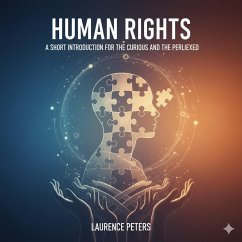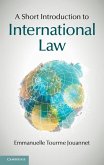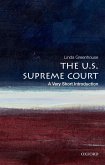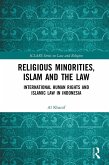The historical lens examines pivotal moments that crystallized human rights thinking: the aftermath of devastating conflicts, the voices of enslaved peoples demanding freedom, and the gradual recognition that certain protections transcend borders and cultures. This examination reveals how human rights discourse has been shaped not just by philosophers and diplomats, but by ordinary people who refused to accept injustice as inevitable.
Through a global perspective, the book challenges conventional narratives by highlighting contributions from scholars, activists, and legal traditions spanning Africa, Asia, Latin America, and beyond. It demonstrates how different societies have grappled with questions of dignity, justice, and protection in ways that both complement and complicate universal declarations.
The political lens dissects how human rights function in practice-as tools of liberation and instruments of power, as shields for the vulnerable and sometimes weapons in geopolitical contests. This analysis proves particularly relevant when examining the current state of human rights law under the Trump administration, where established norms face unprecedented challenges.
Beyond theoretical exploration, the book serves as a practical guide for those considering human rights careers, offering insights into various pathways from international law to community organizing. The inclusion of both non-fiction and fiction reading lists reflects the understanding that human rights stories
Dieser Download kann aus rechtlichen Gründen nur mit Rechnungsadresse in A, B, CY, CZ, D, DK, EW, E, FIN, F, GR, H, IRL, I, LT, L, LR, M, NL, PL, P, R, S, SLO, SK ausgeliefert werden.









